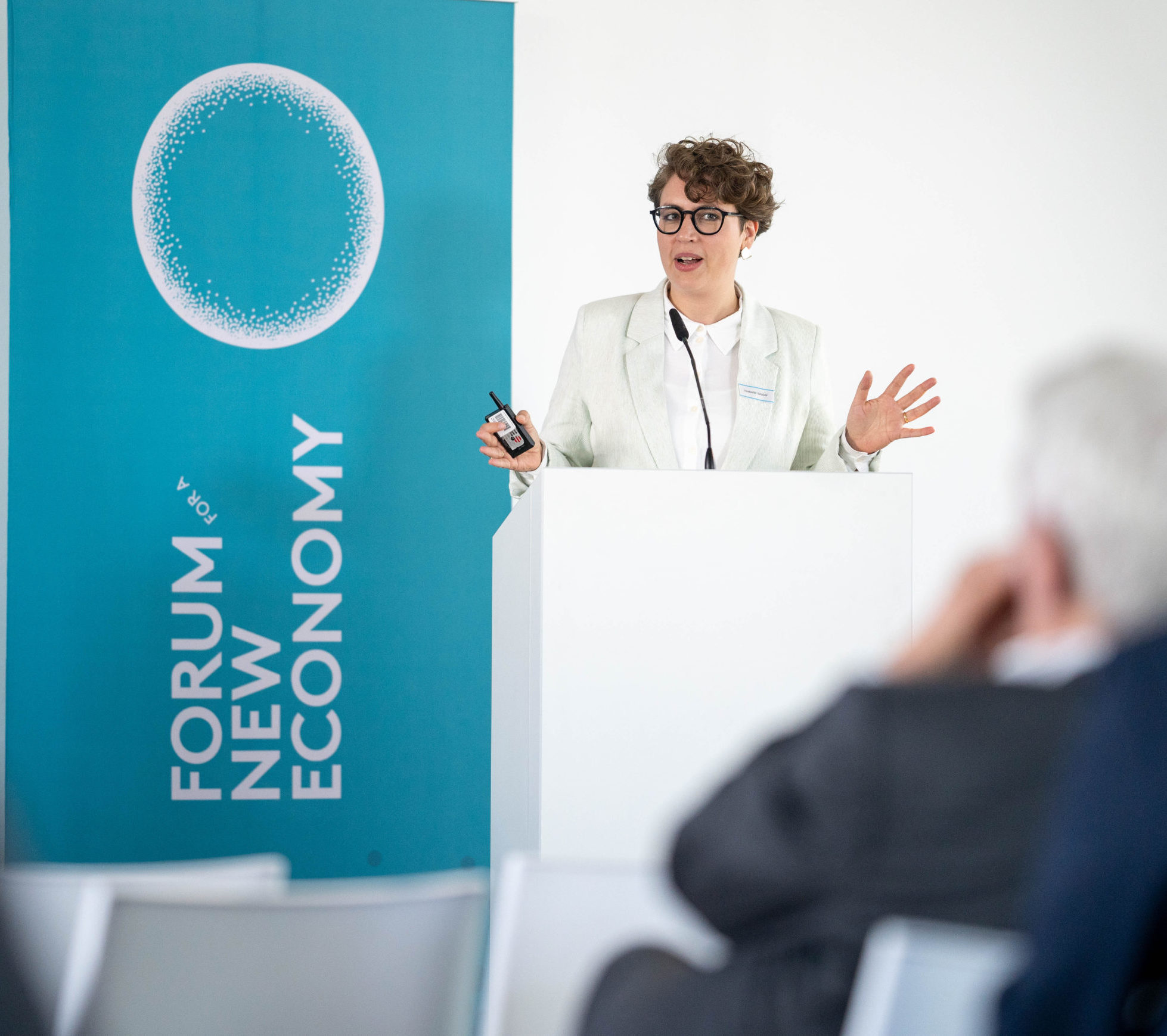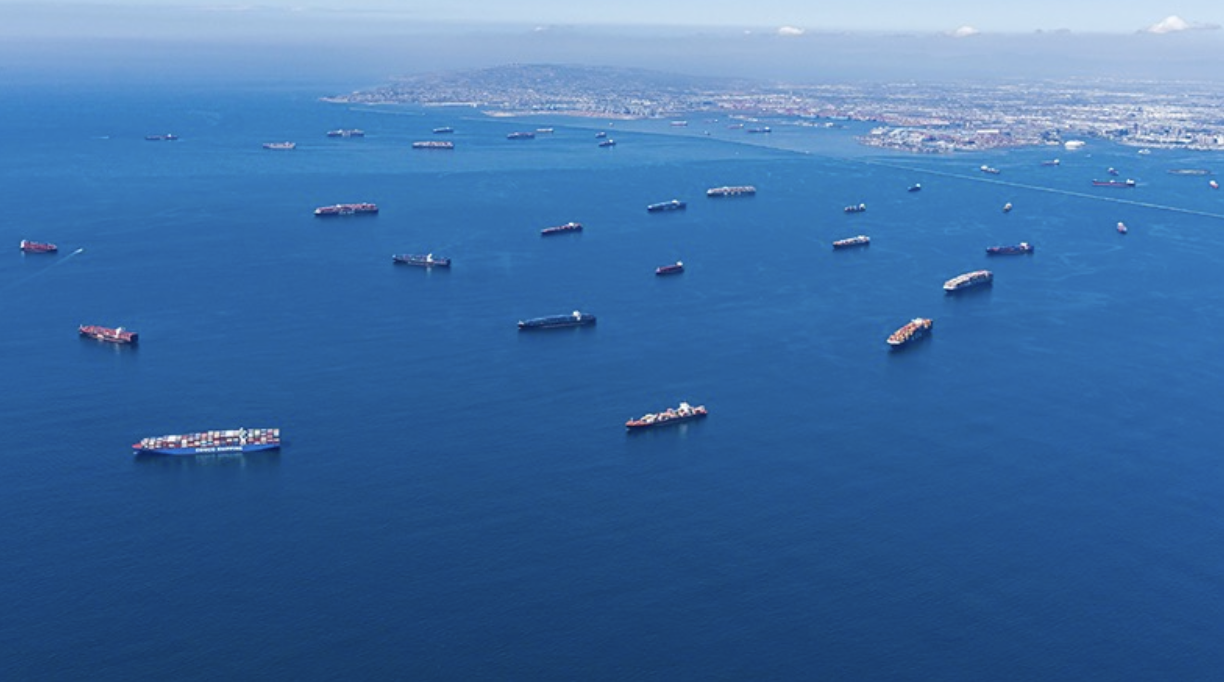NEW PARADIGM
When and How to Use Price Controls, Isabella Weber?
Isabella Weber and Anatole Kaletsky discussed at our XII. New Paradigm Workshop when and how to use price controls to deal with price shocks.
BY
DAVID KLÄFFLINGPUBLISHED
16. MAY 2023READING TIME
5 MIN
There have been multiple unconventional attempts to deal with the price shock after the pandemic and Russia’s invasion. One of them are price caps. However, controlling or capping prices is one of the most contested policy tools under economists, as prices are usually seen as the most efficient coordination tool to balance demand and supply. This logic certainly applies to functioning markets, but what about emergencies in which demand and supply behave abnormally?
When and How to Use Price Controls? This was the topic of our last session at our XII New Paradigm Workshop with Isabella Weber (University of Massachusetts Amherst), and Anatole Kaletsky (Gavekal Dragonomics). As an opening remark, Isabella Weber observed that we are living in a world of overlapping emergencies, which makes disaster preparedness key to deal with potential next shocks. Using as analogy the snow storm ‘Elliott’ hitting NYC in December 2022, Weber underlined that neither demand and supply behave normally in times of crises. Rather there is an abnormal market disruption: High demand of certain essential and vital goods meets a shortage of supply, giving sellers a lot of pricing power (which they do not have in normal times).

How does this relate to more general cases such as a pandemic or a war? Weber emphasised that price controls have not always been dismissed by the mainstream economics profession. After World War II, some of the most distinguished American economists of the 20th century (Paul Samuelson, Irving Fisher, Simon Kuznets, etc.) called for a continuation of price controls. They argued that as long as bottlenecks made it impossible for supply to meet demand, price controls for important goods should be continued to prevent prices from shooting up.
Of course, as Weber made clear, price controls will neither stop inflation nor solve the structural supply side problem. But you prevent a situation where firms take unfair advantage of a crisis situation. In this manner, they should be used strategically to gain time for other measures to directly address the supply bottlenecks.
What about long-term signals of high prices, which should raise supply in areas with high mark-ups? Isabella Weber illustrated with firm level evidence that this may not have been the case in recently supply-constrained sectors, as firms had both the incentive and the power to constrain supply and thereby raise profits.
You can see, if you look at the pre-pandemic era, then the pandemic was the best of times for Maersk [a large shipping company]. Would Maersk be in a rush to unblock the port of LA? Would Maersk be in a rush to get back to a situation where profit rates are going down? I do not think so! And that is also not what people at the port of LA have been telling me. In other words, what can happen, if you get these price explosions in reaction to a bottleneck, and these price explosions are creating enormous windfall profits, that the firms that in the normal model would react by increasing supply are now reacting to the price explosion by keeping supply where it is, if not constraining it even further.

The key message of Weber’s presentation was that price caps are the ultima ratio to deal with supply chain shortfalls and should be implemented in high inflation risk sectors, which can be identified for example by input-output analysis. These sectors for the US economy include basic necessities (housing, food, etc.), basic production inputs (oil and gas, chemicals, etc.), and basic circulation (wholesale trade, transportation). Policies designed to correct supply shortages could absorb price shocks and prevent a propagation and amplification in other sectors, as well as the resulting conflict (inflation) between labor and capital over real wages.
We need measures for disaster preparedness. In an ideal world this would not be price caps, but if you end up in an emergency shortage situation, then they may well be a tool of choice to buy time to address supply chain shortfalls.

